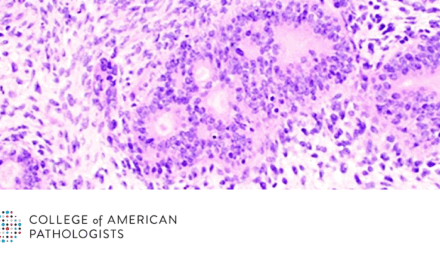Summary: PreciseDx’s study, published in the Journal of Medical Economics, demonstrates that their AI-driven PreciseBreast platform for assessing risk of recurrence of breast cancer can significantly reduce healthcare costs and improve patient care.
Takeaways:
- Cost Savings: Using PreciseBreast for early-stage invasive breast cancer patients can save $4 million in the first year and $12.5 million over six years compared to standard care.
- Patient Impact: PreciseBreast helps avoid unnecessary chemotherapy toxicity for low-risk patients.
- Efficiency and Accessibility: The AI-powered platform provides accurate risk assessments within 48 hours at a fraction of the cost of traditional gene expression testing.
PreciseDx, a provider of oncology diagnostics leveraging artificial intelligence (AI) for morphology-driven disease analysis, today has announced that its economic impact study for PreciseBreast risk of recurrence assessment has been published in the July issue of the Journal of Medical Economics.
Knowing Risk of Recurrence, Cutting Costs
The study calculated the cost impact of using PreciseBreast (also referred to as PDxBr), an AI histopathology platform that predicts the 6-year risk of recurrence in early-stage invasive breast cancer (IBC) patients to aid in the treatment decision process (i.e. use of chemotherapy). The study compared the costs of treatment guided by standard of care (SOC) risk assessment (i.e., 21 gene expression test and histopathology assessment) versus PreciseBreast in conjunction with SOC. A hypothetical cohort of one million U.S. women with early-stage invasive breast cancer was used for the study.
Cost impact considered the cost of testing, adjuvant therapy, recurrence, adverse events, surveillance, and end-of-life care from a commercial payer perspective. The findings are compelling: when used as part of a risk of recurrence evaluation in a hypothetical cohort of one million female members, use of PreciseBreast resulted in cost savings of $4 million in year one compared to the current standard of care alone. Over 6 years, the savings increased to $12.5 million. The per-treated patient costs calculated in year one were $19,500 for traditional standard of care and $16,900 for PreciseBreast.
“We are very pleased with these findings and the potential impact on both healthcare costs and patient care,” says Michael J. Donovan, co-founder and chief medical officer of PreciseDx. “With PreciseBreast, we are potentially shielding many low-risk patients from the unnecessary toxicity of chemotherapy, while also providing significant savings to payers. In addition, PreciseBreast is a digital prognostic test which relies on the patient’s own readily available diagnostic tissue specimen from the pathology lab, ensuring accessibility to oncologists and pathologists regardless of geographic location.”
AI-Driven Solution
PreciseBreast uses Artificial Intelligence (AI) and Machine Learning (ML) combined with its Morphology Feature Array (MFA) to analyze invasive breast cancer histology images with the purpose of enhancing and improving the traditional grading approach. PreciseBreast is an in vitro prognostic test that predicts breast cancer risk of recurrence for patients diagnosed with early-stage IBC.
“Our validated AI-powered MFA platform (using digital whole slide image analysis) is changing how we can assess and analyze patient data to positively impact healthcare,” saysTed Diehl, vice president of Commercial Development at PreciseDx. “For breast cancer patients and their physicians, PreciseBreast is providing accurate and objective risk stratification within 48 hours at 20% the cost of gene expression testing. PreciseBreast provides an accurate and effective sequence to gene expression testing and was established to enhance current histopathology assessment that is accessible, affordable, and easily available.”





